Home>Garden Essentials>How Long Does It Take Bermuda Grass Seed To Grow
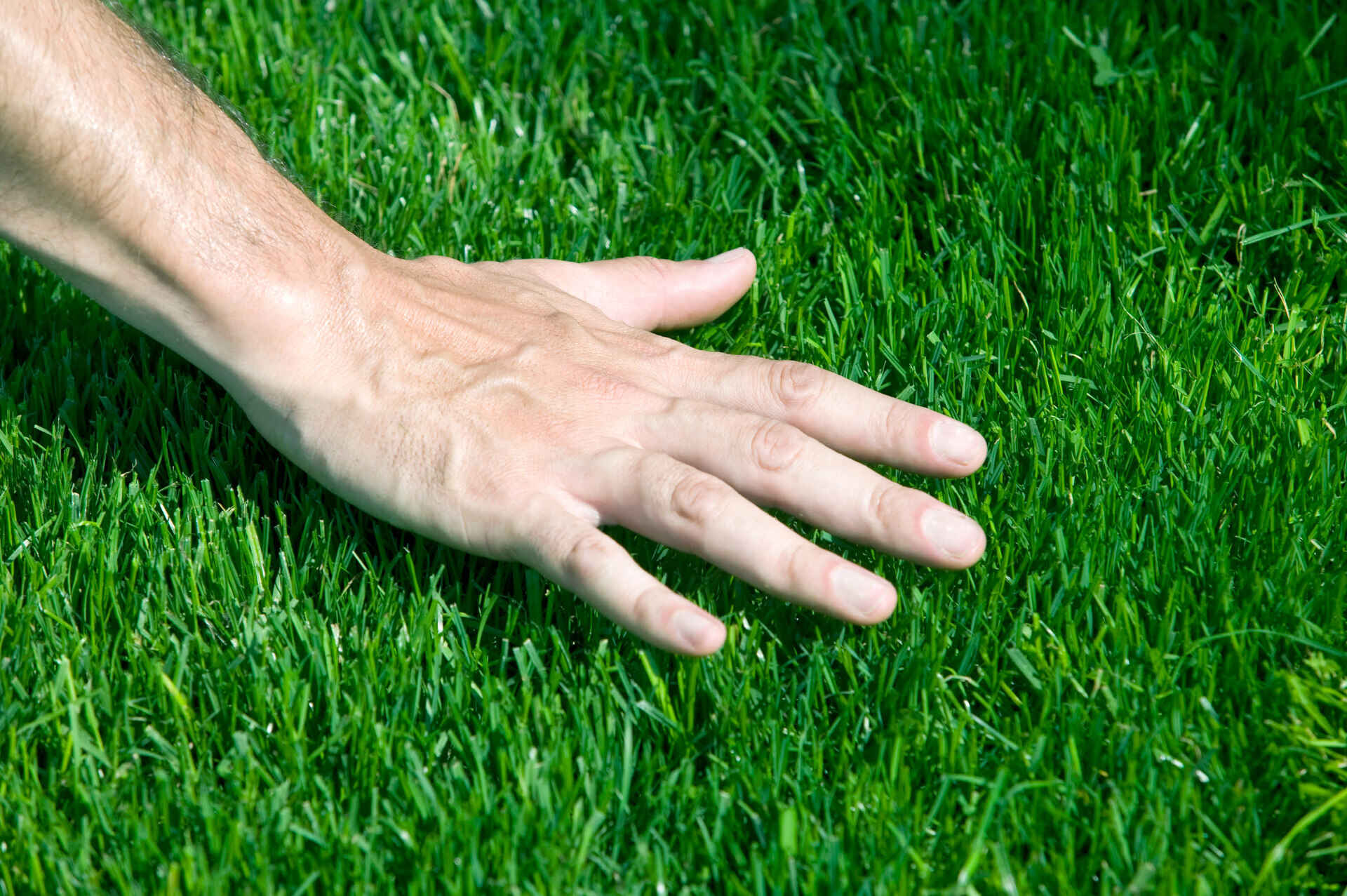

Garden Essentials
How Long Does It Take Bermuda Grass Seed To Grow
Modified: April 23, 2024
Discover how long it takes for Bermuda grass seed to grow in your garden. Find helpful tips and guidance to ensure successful germination and growth.
(Many of the links in this article redirect to a specific reviewed product. Your purchase of these products through affiliate links helps to generate commission for Storables.com, at no extra cost. Learn more)
Introduction
When it comes to creating a lush and vibrant garden or lawn, Bermuda grass is an excellent choice. Known for its durability, drought tolerance, and beautiful appearance, Bermuda grass is a popular option for homeowners and landscapers alike. However, the success of growing Bermuda grass largely depends on understanding its growth process and providing the ideal conditions for seed germination and growth.
In this article, we will explore the factors that influence the growth of Bermuda grass seeds, the ideal conditions for planting, the germination period, and the various growth stages of Bermuda grass. Additionally, we’ll provide some useful tips for ensuring quick and healthy growth, as well as common challenges you may encounter during the process.
Before we delve into the details of growing Bermuda grass from seed, it’s important to note that there are other methods of establishing a Bermuda grass lawn, such as laying sod or installing sprigs or plugs. However, starting from seed offers several advantages, including cost-effectiveness and the ability to customize the density of the grass.
So, if you’re ready to dive into the world of Bermuda grass seed growth, keep reading to discover the secrets to a thriving and vibrant lawn.
Key Takeaways:
- Bermuda grass seed takes 7 to 14 days to sprout, needing warm temperatures, moist soil, and sunlight. Proper care during germination and growth stages ensures a lush lawn.
- To grow healthy Bermuda grass, prepare the soil, water consistently, mow at the right height, and address common challenges like poor germination and weed invasion promptly.
Read more: How Long Does Bermuda Grass Take To Grow
Factors influencing Bermuda grass seed growth
Growing Bermuda grass from seed requires careful attention to various factors that can influence its growth and development. Understanding these factors will help you create the optimal environment for the seed to germinate and thrive. Let’s take a look at some of the key factors:
- Temperature: Bermuda grass thrives in warm climates and requires a minimum soil temperature of around 65°F (18°C) for successful germination. Warmer temperatures between 75°F and 85°F (24°C and 29°C) are ideal for the growth and establishment of Bermuda grass seedlings.
- Soil quality: The quality of the soil is vital for Bermuda grass seed growth. The soil should be well-draining to prevent waterlogging, which can inhibit germination and lead to root rot. It should also be rich in organic matter and nutrients to support healthy growth.
- Watering: Proper watering is essential for Bermuda grass seed germination. During the germination stage, the soil should be kept consistently moist, but not overly saturated. Once the grass establishes, it requires regular watering to stay hydrated and grow strong roots.
- Sunlight: Bermuda grass is a sun-loving grass that requires a minimum of 6 to 8 hours of direct sunlight per day. Insufficient sunlight can lead to weak growth and thin turf. Ensure that the planting area receives ample sunlight for optimal seed growth.
- Seed quality: The quality of the Bermuda grass seed you choose to plant plays a crucial role in its growth. Select high-quality, certified seeds from reputable sources to ensure the best germination rates and overall success of your lawn.
- Weed control: Weeds can compete with Bermuda grass seedlings for nutrients, water, and sunlight. It’s important to control weeds before and during the Bermuda grass growth process to prevent them from hindering the growth of your new lawn.
By considering these factors and making the necessary adjustments, you can create an environment that promotes the healthy growth and establishment of Bermuda grass from seed. With the right conditions in place, you’ll be well on your way to a lush and thriving Bermuda grass lawn.
Ideal conditions for planting Bermuda grass seed
Creating the ideal conditions for planting Bermuda grass seed is crucial for its successful germination and growth. By providing the following ideal conditions, you can ensure that your Bermuda grass seed has the best chance of flourishing:
- Soil preparation: Before planting Bermuda grass seed, it’s essential to prepare the soil properly. Start by removing any existing vegetation, rocks, or debris from the area. Loosen the soil using a rake or a tiller to create a loose and fine texture, allowing the seed to root easily.
- Soil pH: Bermuda grass thrives in slightly acidic to slightly alkaline soil, with a pH range of 6.0 to 7.5 being ideal. You can test the soil pH using a soil testing kit and make adjustments by adding lime to raise the pH or sulfur to lower it if necessary.
- Soil fertility: Bermuda grass requires a well-balanced supply of nutrients to grow and thrive. Before planting, conduct a soil test to determine the nutrient composition and make any necessary amendments based on the results. Incorporate organic matter, such as compost or well-rotted manure, to improve soil fertility.
- Seed depth: The ideal planting depth for Bermuda grass seed is shallow, around 1/4 inch to 1/2 inch (0.6 cm to 1.3 cm). Planting too deep can inhibit germination, while planting too shallow may cause the seeds to dry out. Spread the seeds evenly across the prepared soil and lightly rake them into the surface to ensure good seed-to-soil contact.
- Watering: Proper watering is crucial for seed germination. After planting Bermuda grass seed, water the area thoroughly to promote moist soil. During the germination period, keep the soil consistently moist, but avoid excessive watering. As the grass establishes, gradually reduce the frequency of watering but increase the amount of water applied to encourage deep root growth.
- Maintenance: Maintain a regular mowing schedule once the Bermuda grass seedlings reach a height of 2 to 3 inches (5 to 7.6 cm). Set your mower to a height of around 1 to 1.5 inches (2.5 to 3.8 cm) for Bermuda grass, as it thrives when kept relatively short.
By following these ideal conditions for planting Bermuda grass seed, you can create an environment that promotes successful germination and healthy growth. Remember to monitor the progress of your lawn and make any necessary adjustments based on your specific growing conditions.
Germination period of Bermuda grass seed
The germination period of Bermuda grass seed is an exciting time in the growth process. It is the stage when the seed begins to sprout and develop into a new plant. Understanding the germination period is essential for knowing what to expect and how to care for the emerging seedlings.
On average, Bermuda grass seed takes around 7 to 14 days to germinate under optimum conditions. However, the germination period can vary depending on several factors such as temperature, soil moisture, and seed quality. Warmer temperatures between 75°F and 85°F (24°C and 29°C) can expedite the germination process, while cooler temperatures may extend the time it takes for the seeds to sprout.
During the germination period, it’s important to keep the soil consistently moist to provide the ideal environment for the seeds to absorb water and initiate growth. Irrigate the area lightly but frequently, ensuring that the soil remains damp but not saturated. This will help prevent the seeds from drying out, which can impede germination.
As the Bermuda grass seedlings begin to emerge, you will notice tiny green shoots pushing through the soil’s surface. These delicate seedlings will start to develop their first set of leaves in the following days. It’s crucial to protect the emerging seedlings from foot traffic or any other disturbances that could damage or uproot them.
Once the Bermuda grass seedlings have fully germinated, continue to provide adequate water and monitor their growth progress. As the seedlings become established, you can gradually reduce the frequency of watering while increasing the duration to encourage deep root growth.
Remember that while the majority of Bermuda grass seeds will germinate within the typical 7 to 14-day time frame, some seeds may take longer to sprout. It’s important to be patient and continue providing the necessary care and maintenance for the emerging seedlings.
By understanding the germination period of Bermuda grass seed and providing the optimal conditions for growth, you can ensure a successful start to your Bermuda grass lawn and enjoy a beautiful, lush landscape in the weeks and months to come.
Bermuda grass seed typically takes 7-10 days to germinate and start growing. To speed up the process, keep the soil consistently moist and at a temperature of 65-70°F.
Growth stages of Bermuda grass seed
Once the Bermuda grass seed has germinated, it embarks on a journey of growth and development through various stages. Understanding these growth stages will help you monitor and care for your Bermuda grass lawn effectively. Let’s explore the different stages that Bermuda grass seed goes through:
- Seedling stage: This is the initial stage after germination when the Bermuda grass seedling emerges from the soil. At this stage, the seedlings have one or two sets of leaves and delicate roots. It’s crucial to protect the tender seedlings from foot traffic and pests and to provide proper watering and care to promote healthy growth.
- Establishment stage: As the Bermuda grass seedlings continue to grow, they enter the establishment stage. The seedlings develop a stronger root system and more leaves, becoming more resilient. It is during this stage that the grass begins to fill in and spread, gradually covering the designated area. Regular watering, proper mowing, and healthy soil conditions are necessary during this stage for optimal growth and density.
- Maturation stage: The maturation stage is reached when the Bermuda grass has fully established itself and is mature and hardy. The grass blades become thicker, and the turf becomes thicker and denser. At this stage, the grass can withstand regular foot traffic and exhibits its full potential. Proper maintenance, including regular mowing, aeration, fertilization, and weed control, helps maintain the health and appearance of the Bermuda grass lawn during this stage.
It’s important to note that the time it takes for Bermuda grass seed to progress through these growth stages varies and depends on various factors such as temperature, soil conditions, and management practices. Generally, it can take several months for Bermuda grass to fully establish and reach maturity.
Throughout the growth stages, it’s essential to monitor the progress of your Bermuda grass lawn and provide the necessary care to ensure its health and vitality. Regular mowing, proper watering, maintaining healthy soil conditions, and addressing any issues such as weed growth or diseases are crucial for keeping your Bermuda grass lawn in optimal condition.
By recognizing and understanding the different growth stages of Bermuda grass seed, you can tailor your care and maintenance efforts to provide the best conditions for your lawn’s growth, resulting in a lush and vibrant Bermuda grass landscape.
Tips for quick and healthy Bermuda grass seed growth
If you’re looking for quick and healthy Bermuda grass seed growth, implementing these tips will help you achieve a lush and vibrant lawn in no time:
- Choose the right seed: Select high-quality Bermuda grass seed that is suitable for your specific climate and growing conditions. Opt for certified seeds from reputable sources to ensure optimal germination rates and healthy growth.
- Prepare the soil properly: Before planting Bermuda grass seed, ensure the soil is prepared by removing any existing vegetation, rocks, or debris. Loosen the soil and amend it with organic matter to improve fertility and drainage.
- Water consistently: Proper watering is crucial for Bermuda grass seed germination and growth. Keep the soil consistently moist during the germination stage, and gradually reduce the frequency of watering as the grass establishes, but increase the amount of water applied to encourage deep root growth.
- Mow at the right height: Once the Bermuda grass seedlings reach a height of 2 to 3 inches (5 to 7.6 cm), it’s time to start mowing. Set your mower to a height of around 1 to 1.5 inches (2.5 to 3.8 cm) for Bermuda grass, as it thrives when kept relatively short.
- Fertilize appropriately: Use a balanced fertilizer specifically formulated for Bermuda grass to provide necessary nutrients. Follow the manufacturer’s instructions for application rates and timing to avoid overfeeding or underfeeding the grass.
- Maintain proper soil pH: Test the soil pH and adjust it to the recommended range of 6.0 to 7.5 for Bermuda grass. Liming can raise pH, while sulfur can lower it if necessary. Maintaining the right soil pH ensures optimum nutrient availability to the grass.
- Avoid excessive foot traffic: In the early stages of Bermuda grass growth, avoid heavy foot traffic or any activities that could damage or uproot the seedlings. Give the grass time to establish its root system and become more resilient before subjecting it to frequent use.
- Control weeds: Weeds can impede the growth of Bermuda grass seedlings by competing for resources. Implement a weed control strategy before and during the Bermuda grass growth process to minimize weed growth and ensure the successful development of your lawn.
- Monitor and address issues promptly: Keep a close eye on your Bermuda grass lawn and address any issues promptly. Monitor for signs of pests, diseases, or nutrient deficiencies, and take appropriate actions such as implementing pest control measures, applying fungicides, or adjusting fertilization practices as necessary.
By following these tips, you can promote quick and healthy growth of your Bermuda grass seed, resulting in a beautiful and thriving lawn. Remember to tailor your care and maintenance efforts to the unique needs of your lawn and consult with local garden experts if you need specific advice for your region.
Common challenges and troubleshooting during Bermuda grass growth
While Bermuda grass is known for its durability and resilience, it can still face challenges during its growth process. Understanding these common challenges and knowing how to troubleshoot them will help you maintain a healthy and thriving Bermuda grass lawn. Here are some of the common issues you may encounter:
- Poor germination: If your Bermuda grass seed fails to germinate or has low germination rates, it could be due to factors such as inadequate soil moisture, improper seeding depth, low seed viability, or unsuitable temperature conditions. Ensure proper watering and proper planting depth, and use high-quality seeds from reputable sources to improve germination rates.
- Weed invasion: Weeds can compete with Bermuda grass for nutrients, water, and space. Implementing pre-emergent herbicides before planting Bermuda grass seeds can help prevent weed growth. If weeds do emerge, spot-treat them with appropriate herbicides or manually remove them to avoid harming the Bermuda grass.
- Poor soil quality: Bermuda grass may struggle with growth if the soil lacks proper nutrients or has poor drainage. Conduct a soil test to determine nutrient deficiencies and amend the soil accordingly. Improve drainage by aerating compacted soil or adding organic matter to improve its structure.
- Overwatering or underwatering: Improper watering practices can lead to issues such as shallow root growth, disease susceptibility, or water stress in Bermuda grass. Regularly monitor the moisture level of the soil and adjust watering accordingly. Provide enough water to keep the soil moist but avoid excessive waterlogging or allowing the soil to dry out completely.
- Disease outbreaks: Bermuda grass is susceptible to various diseases, such as brown patch or dollar spot. Proper cultural practices, such as improving air circulation, avoiding excess moisture on the foliage, and practicing correct mowing techniques, can help prevent disease outbreaks. If diseases still occur, apply appropriate fungicides as per the instructions to control the problem.
- Scalping during mowing: Cutting Bermuda grass too short can result in scalping, where the grass is cut below the recommended height. Scalping weakens the grass and makes it more susceptible to stress and weed invasion. Set your mower blades to the correct height for Bermuda grass and ensure that the grass is never cut more than one-third of its height at a time.
- Insect infestations: Bermuda grass can be vulnerable to pests such as armyworms, chinch bugs, or grubs. Monitor your lawn regularly for signs of infestation, such as discoloration, thinning, or chewed blades. Take appropriate measures, such as using insecticides or implementing biological control methods, to manage insect populations and protect your Bermuda grass.
By recognizing and addressing these common challenges during Bermuda grass growth, you can maintain a healthy and vibrant lawn. Pay close attention to the needs of your Bermuda grass, implement preventive measures, and address issues promptly to ensure the long-term success of your lawn.
Conclusion
Growing Bermuda grass from seed can be a rewarding experience, resulting in a lush and vibrant lawn that adds beauty and value to your outdoor space. By understanding the factors that influence Bermuda grass seed growth, creating the ideal planting conditions, and providing the necessary care, you can ensure quick and healthy growth of your Bermuda grass.
Throughout the process, it’s important to consider factors such as temperature, soil quality, watering, sunlight, and weed control. By paying attention to these details, you can create an environment that fosters germination and supports the growth of strong and resilient Bermuda grass.
During the germination period, ensure that the soil remains consistently moist and protect the emerging seedlings from disturbances. As the grass progresses through the growth stages, maintain proper mowing, watering, and fertilization practices to nurture its development.
Be prepared to address common challenges such as poor germination, weed invasion, or disease outbreaks. By troubleshooting these issues and implementing appropriate solutions, you can overcome obstacles and maintain the health and vitality of your Bermuda grass lawn.
Remember that each lawn is unique, and it’s essential to adapt your approach based on your specific climate, soil conditions, and local challenges. Regular monitoring and attentive care are key to keeping your Bermuda grass thriving.
In conclusion, with proper knowledge, attention, and care, you can successfully grow Bermuda grass from seed and enjoy a vibrant and resilient lawn that will be the envy of the neighborhood. So get ready to roll up your sleeves and create a beautiful Bermuda grass landscape that you can take pride in for years to come.
Frequently Asked Questions about How Long Does It Take Bermuda Grass Seed To Grow
Was this page helpful?
At Storables.com, we guarantee accurate and reliable information. Our content, validated by Expert Board Contributors, is crafted following stringent Editorial Policies. We're committed to providing you with well-researched, expert-backed insights for all your informational needs.
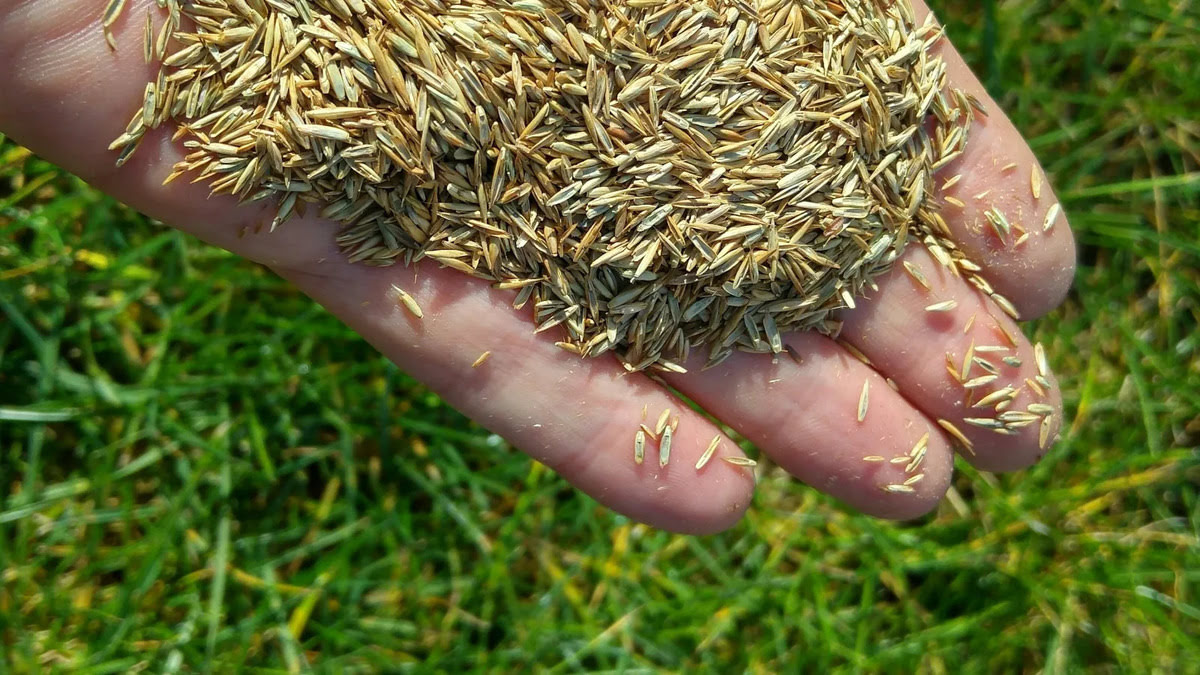
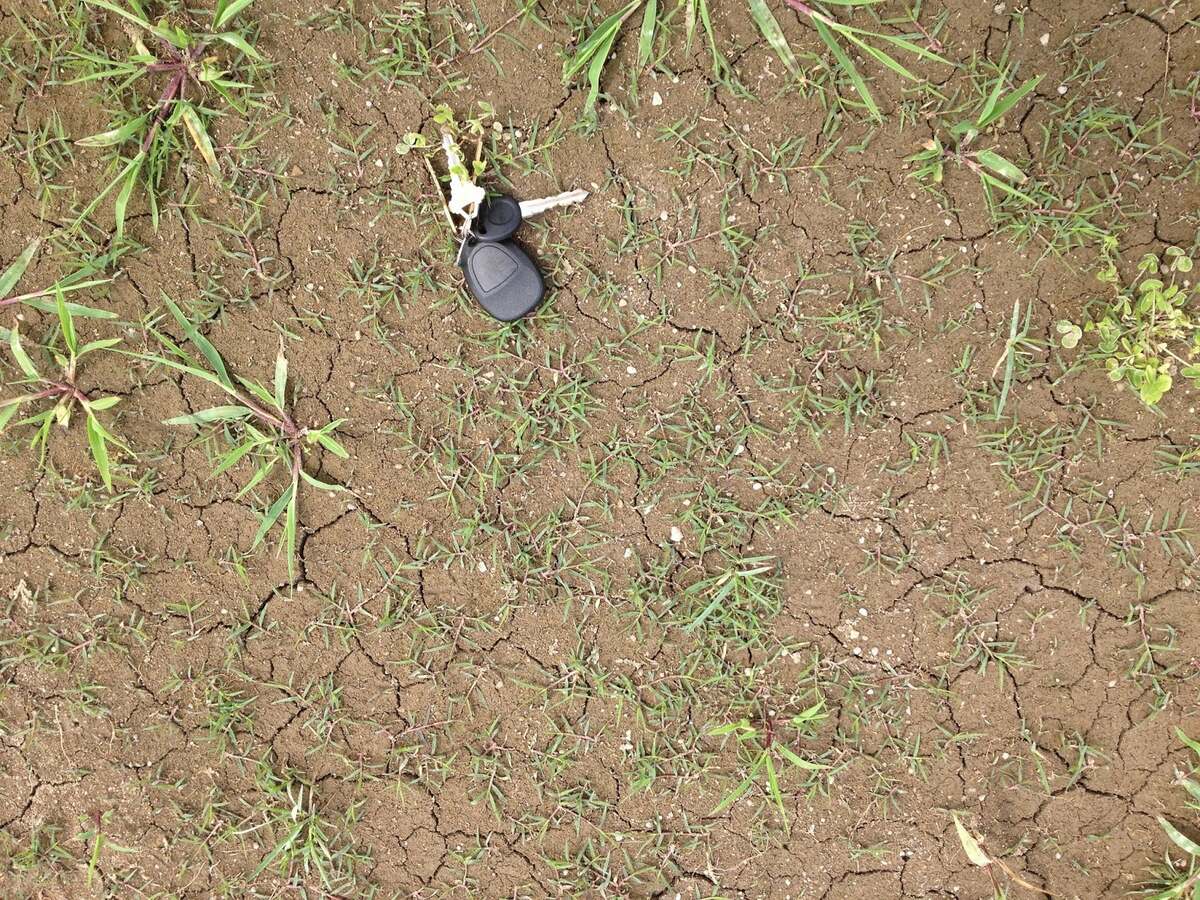
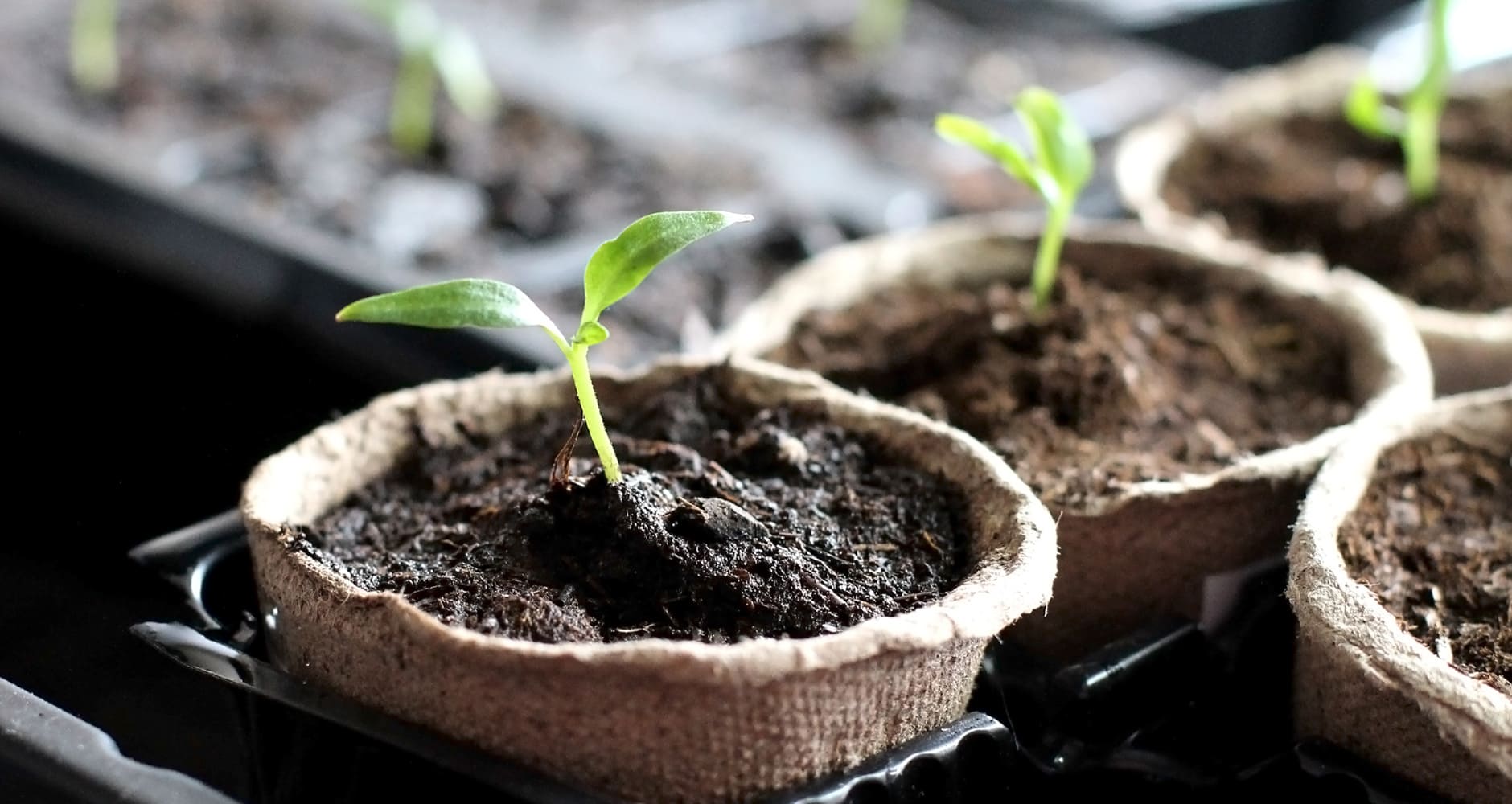
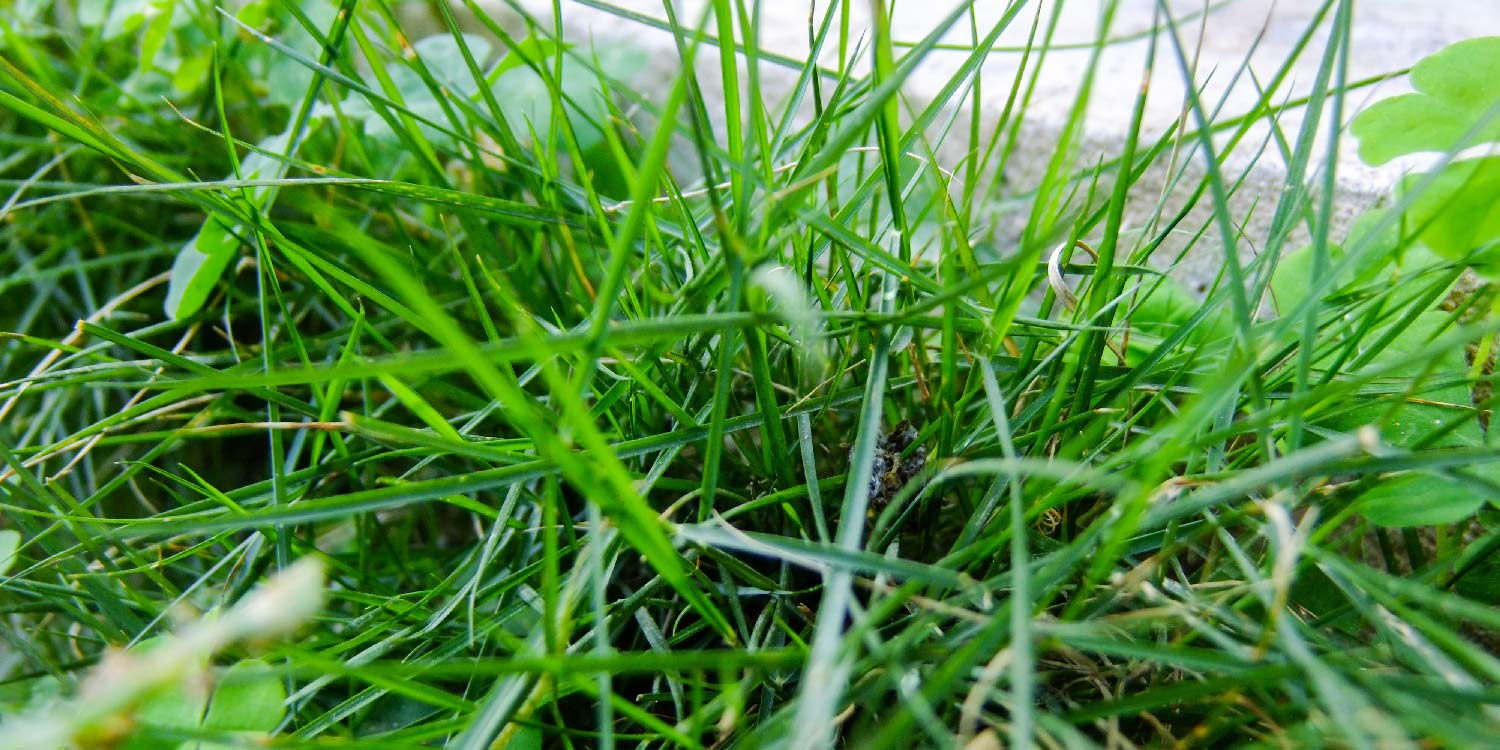
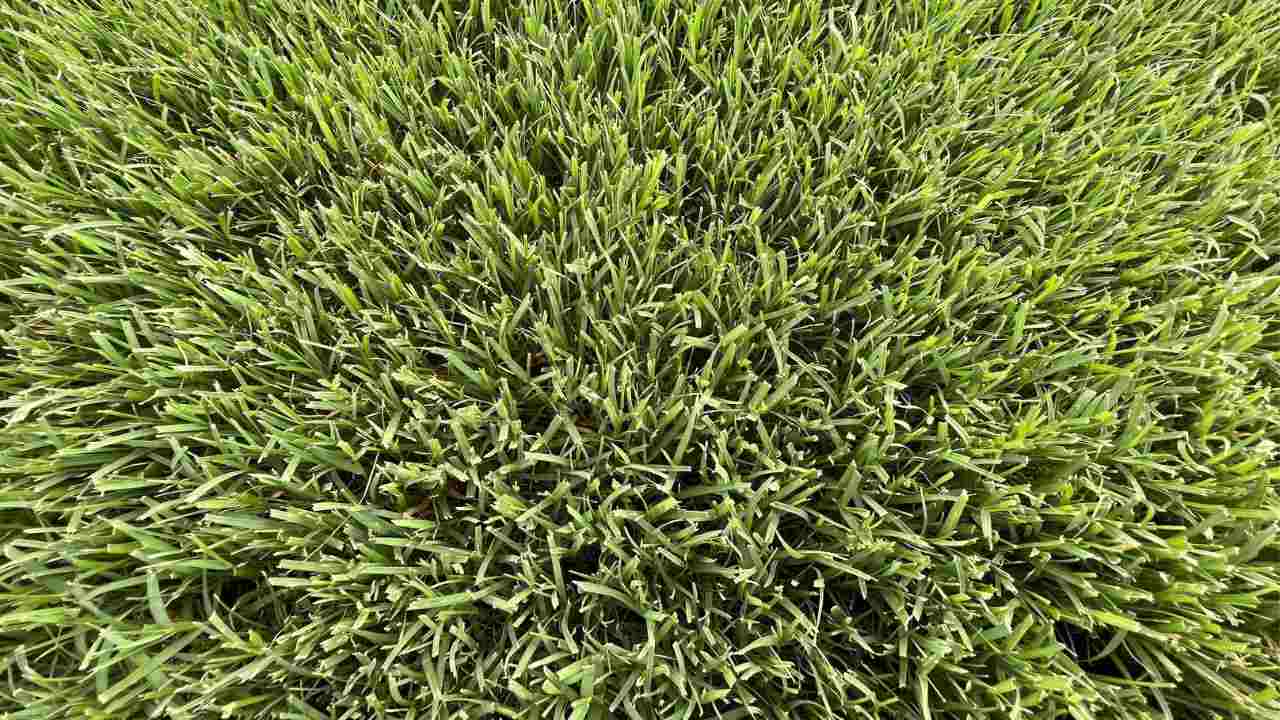


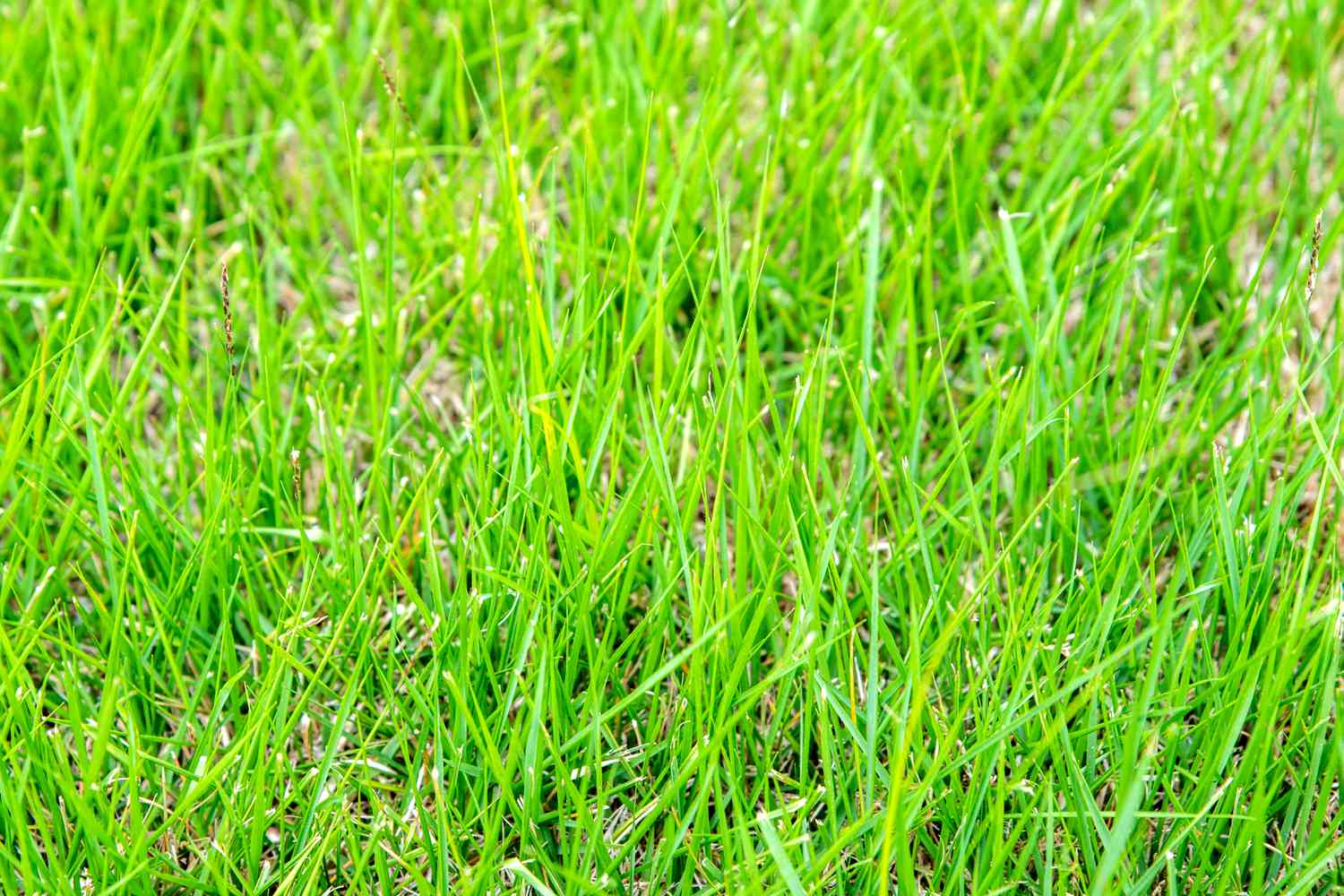
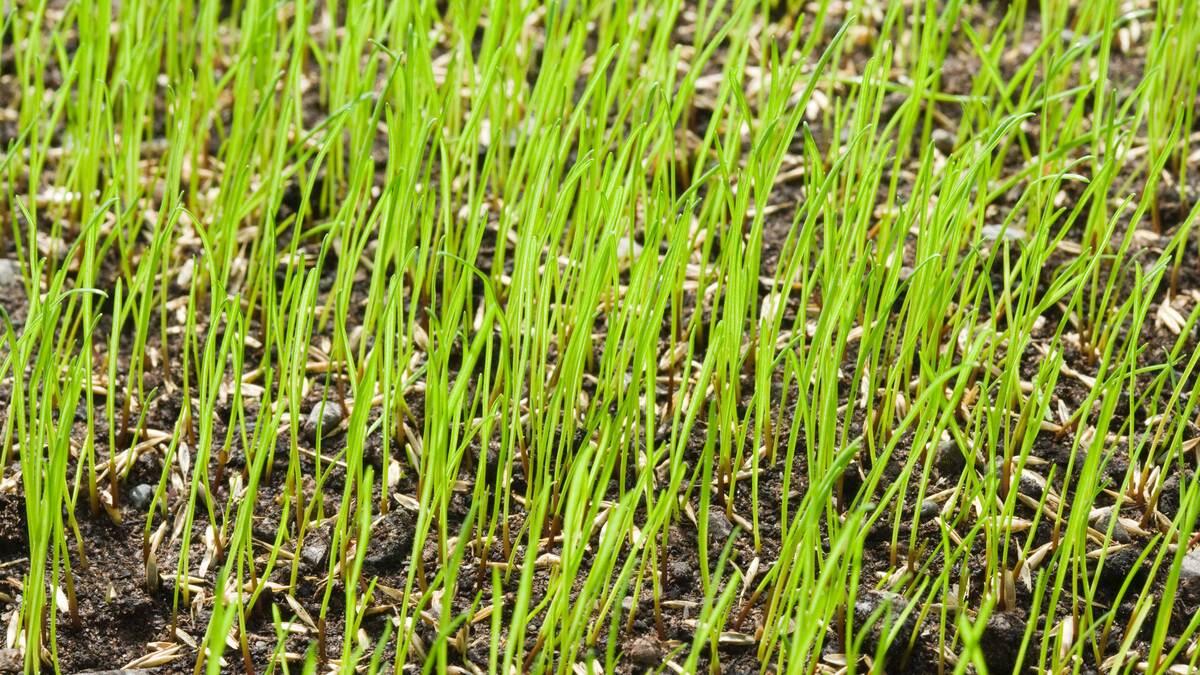

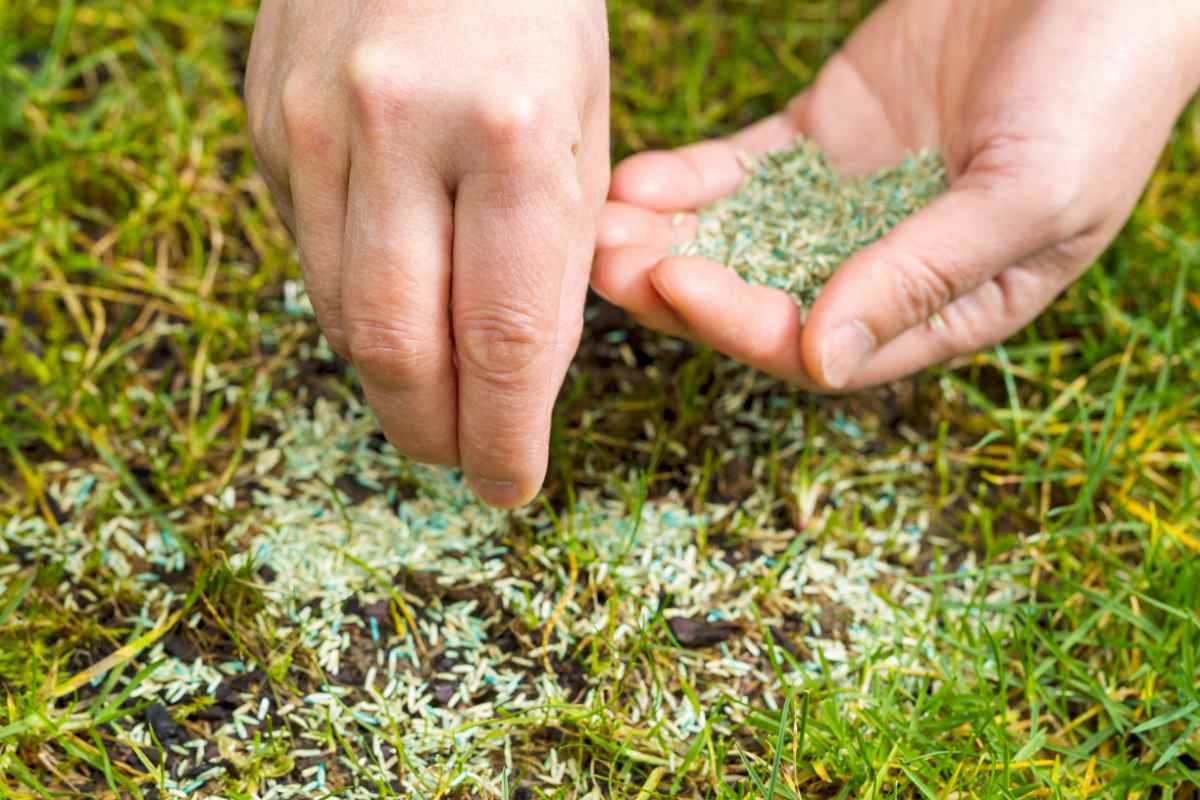
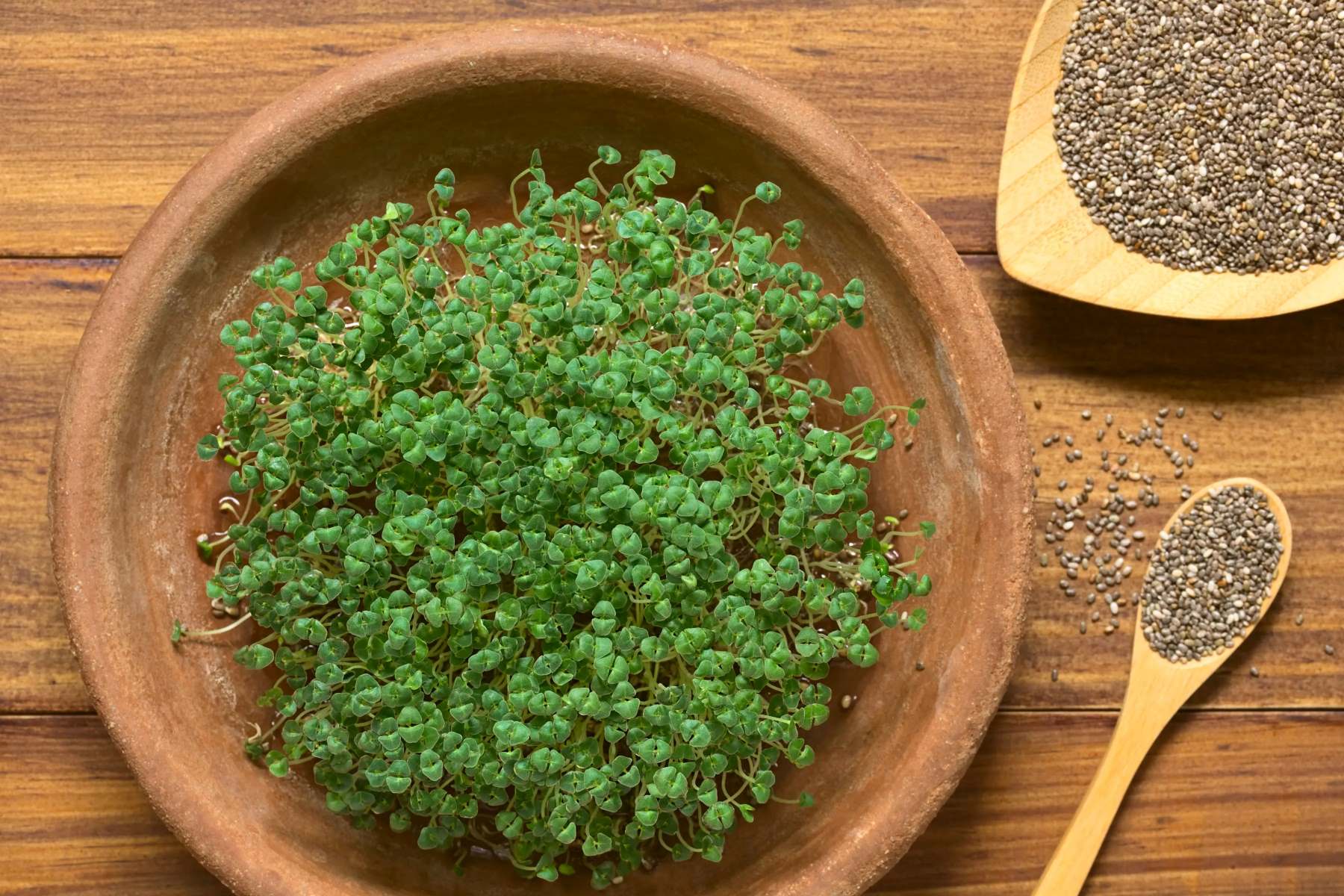
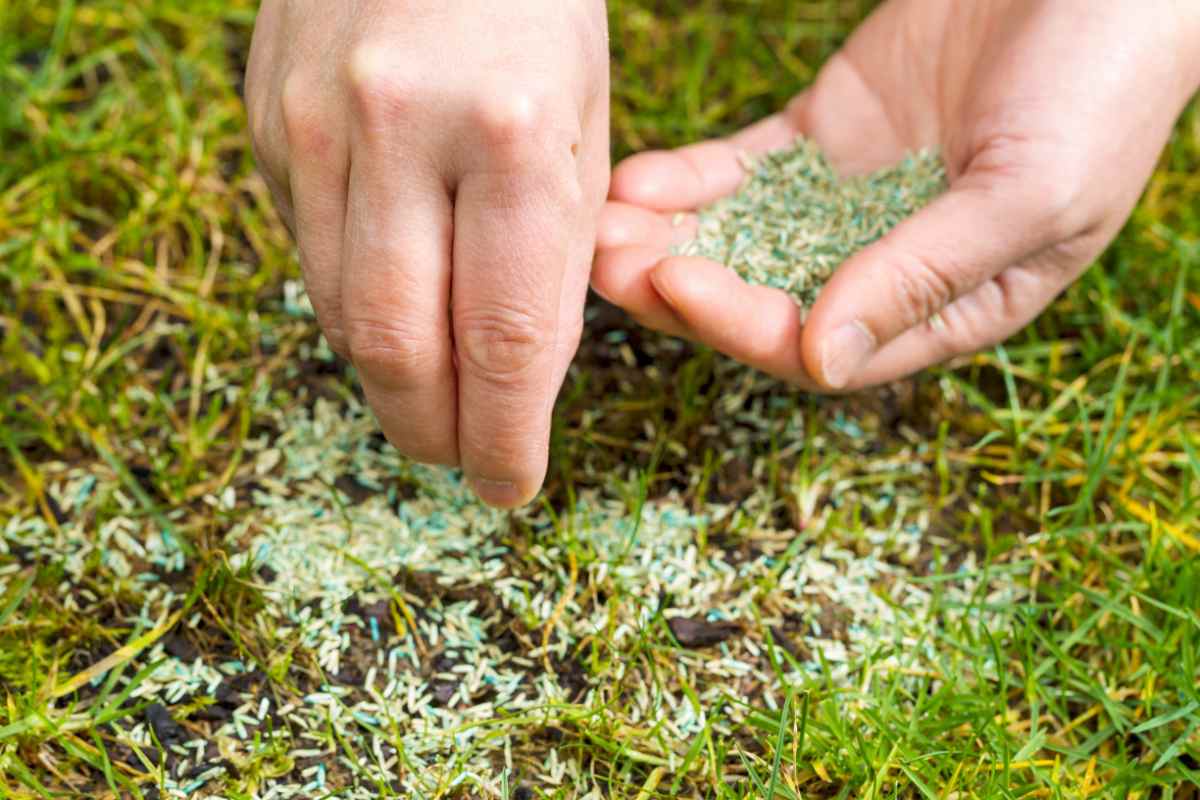
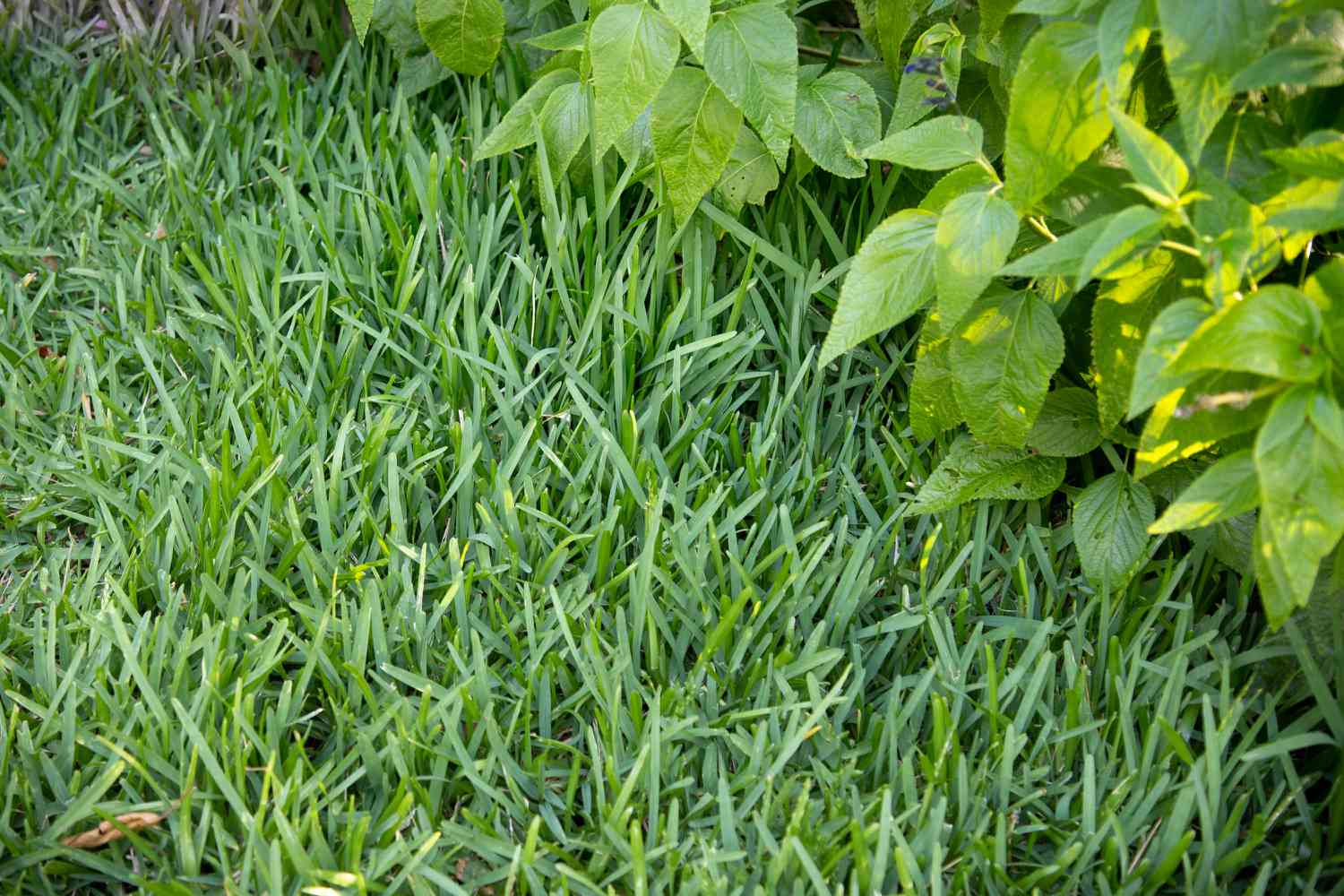

0 thoughts on “How Long Does It Take Bermuda Grass Seed To Grow”